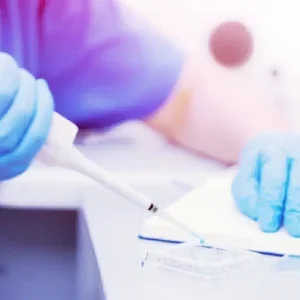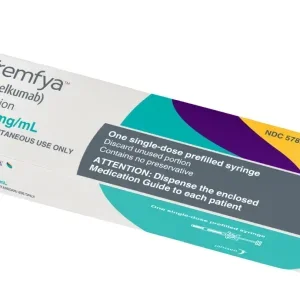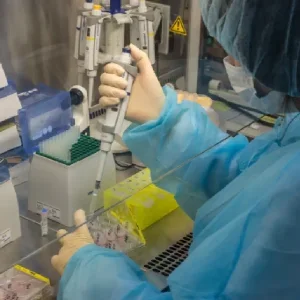US-based biotechnology company Moderna has obtained the US Food and Drug Administration (FDA) Fast Track designation for its mRNA vaccine candidate (mRNA-1273) against the novel coronavirus (SARS-CoV-2).
The company is focused on developing messenger RNA (mRNA) therapeutics and vaccines to offer advanced transformative medicines for patients.
The new mRNA-1273 is a messenger RNA (mRNA) vaccine, designed to work against SARS-CoV-2 encoding for a prefusion stabilised form of the Spike (S) protein.
Moderna has developed the vaccine in collaboration with investigators from Vaccine Research Center (VRC) at the National Institute of Allergy and Infectious Diseases (NIAID), a part of the NIH.
Moderna chief medical officer Tal Zaks said: “Fast Track designation underscores the urgent need for a vaccine against the novel coronavirus.
“As we await the full set of clinical data from the NIAID-led Phase 1 study, we are actively preparing for our Phase 2 and Phase 3 clinical studies to continue learning about the potential of mRNA-1273 to protect against SARS-CoV-2.”
Moderna is securing BARDA funding for clinical studies and development of mRNA-1273
The US regulatory agency has recently reviewed Moderna’s investigational new drug (IND) application for mRNA-1273.
The FDA IND would allow the company to conduct a Phase 2 clinical study, aimed at evaluating the safety, reactogenicity and immunogenicity of two vaccinations of mRNA-1273 given 28 days apart.
The company has received initial feedback from the FDA on the design of the proposed Phase 2 study, which is expected to begin shortly.
Moderna intends to enroll 600 healthy participants, and each participant will be assigned to receive placebo, a 50μg or a 250μg dose at both vaccinations, and followed through 12 months after the second vaccination.
In addition, the company is working on the protocol for a Phase 3 clinical trial study, which planned to be conducted in the summer of 2020.
The company’s clinical studies and late-stage clinical development programmes for manufacturing mRNA-1273 are supported by funding from the Biomedical Advanced Research and Development Authority (BARDA), a division of the US Department of Health and Human Services (HHS).






